To sleep well and get up in top shape, you have to change your bad habits. Most people get hungry before going to bed or working late, so they have to eat something before going to bed. What you should know is that certain foods can affect our sleep as well as annoying insomnia.
Follow these useful tips:
One in three people complain of insomnia and wake up tired, and many take medication to alleviate this problem.
However, in many of these cases, medications could be avoided, since some types of food powerfully influence our ability to sleep, accelerating the arrival of sleep or, conversely, delaying it.
1.Milk and dairy
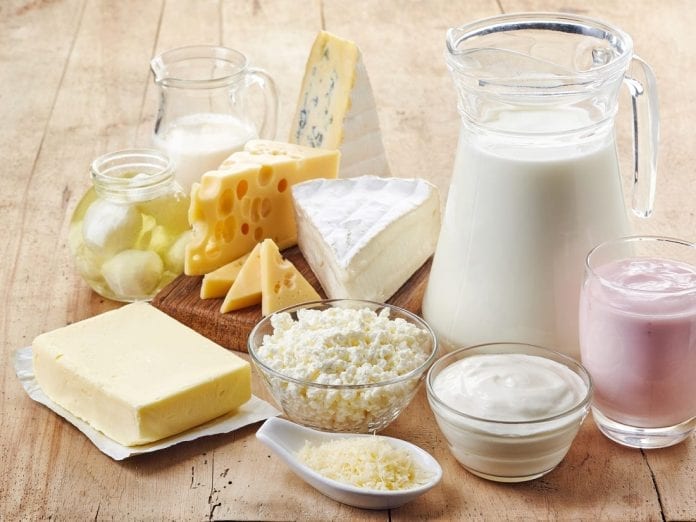
We all know the sedative properties of having a glass of warm milk before going to bed. That is so simple; it has a scientific basis since milk contains tryptophan, an amino acid that in the body is transformed into a capital substance for the regulation of sleep, serotonin. But this calming effect is not exclusive to milk. All dairy contains it.
2.Tisanes
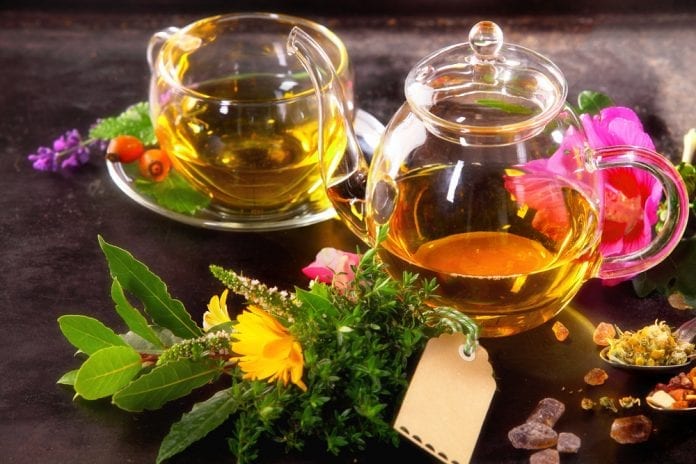
Certain herbal teas have sedative effects—for example, those that are based on lime, verbena, orange blossom, or valerian.
3.Carbohydrates
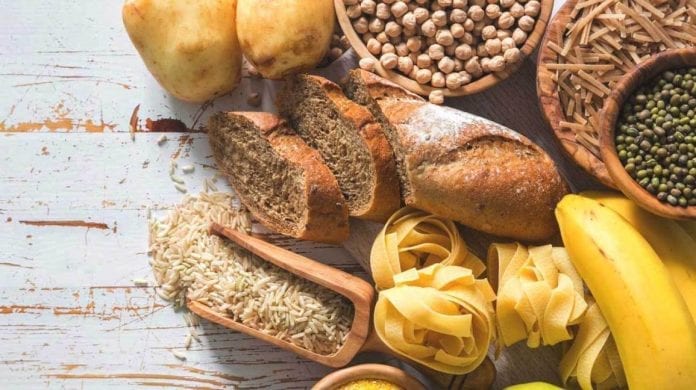
Moderate amounts of carbohydrates are known to make you drowsy: sugars cause insulin secretion, which, due to a hormonal issue, considerably increases the presence of serotonin in the brain. Therefore, if you eat slow sugars (starches) at dinner to benefit from its effect, or eat a sweet before bed, it will help you fall asleep.
4.Magnesium and Vitamin B

All foods that are rich in magnesium (cereals, fruits, and legumes) and B vitamins (shellfish products, meats, and brewer’s yeast), which help in the proper functioning of the nervous system and, therefore, also avoid insomnia linked to stress.
5.Wine

Benefits of taking a glass of wine before sleep are well known. Also, it must be kept appropriately. We advise you to visit this site to find out more about it.
What to avoid
1. Caffeine and vitamin C

Starting in the middle of the afternoon, around 5 or 6 o’clock, you should refrain from consuming foods that contain excitements such as caffeine or vitamin C.
Avoid drinks like tea, coffee, cola, or chocolate, which are stimulating. Remove citrus and kiwis rich in vitamin C from your evening diet after dinner.
2. Foods that ferment and diuretics
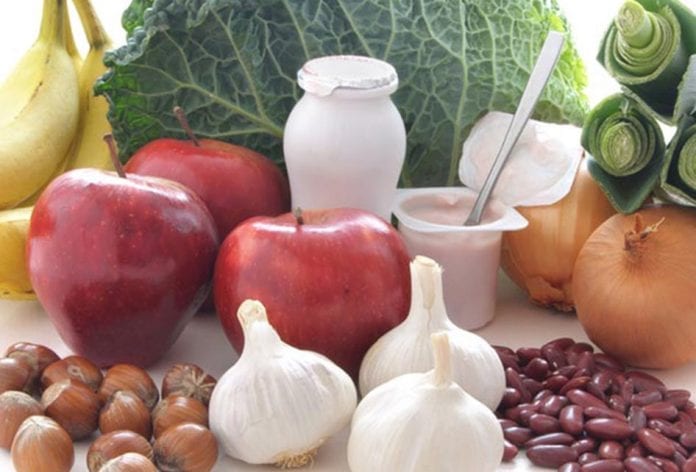
Foods that ferment, such as raw vegetables, greens, cabbages, etc. and diuretics: asparagus, leeks, brewer’s yeast, should be consumed in moderation at dinner because they can cause insomnia problems.
3. Water and proteins

Also, please don’t drink too much water before bed, and don’t eat a protein-rich dinner because, unlike carbohydrates, they have the power to clear you up.
4. Against snoring
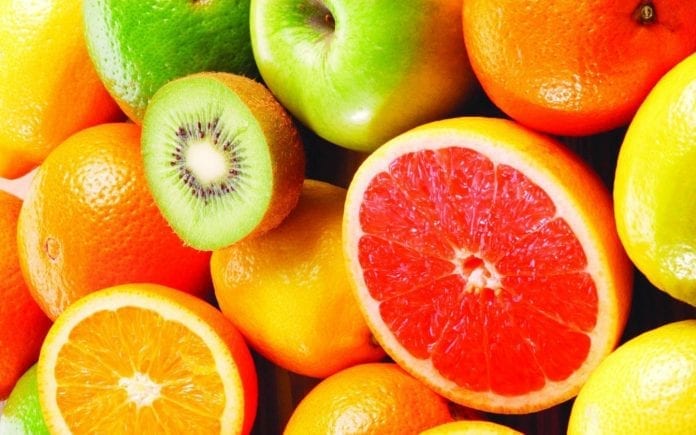
Snoring has never been pleasant – especially for the person sleeping next to you. Eat citrus fruits before bedtime – lemon, grapefruit, oranges, or tangerine because it is rich in Vitamin C, which regulates snoring. Make a salad from this fruit, or change the fruit every night and eat it as a healthy dinner/snack.
5. Against ugly dreams

Believe it or not, the foods we eat can have such a high impact on our dreams. Nightmares and less ugly dreams are no strangers to anyone, but we still don’t like them. Before going to bed, eat foods that are rich in magnesium to give you a restful sleep. We recommend bananas and tuna!
Tips for a good sleep
Good sleep and good quality sleep affect your overall health. Poor quality sleep can accelerate the aging process and increase the risk of various diseases.
We can contribute to strengthening our body and preserving our health through proper sleep hygiene. Like any other hygiene habits such as tooth brushing and showering, sleep includes a particular routine, which implies specific healthy habits.
Good sleep is influenced by the conditions in which we sleep, so you must adapt the space to the maximum possible rest. That includes the following:
- Change bedding once a week to keep bacteria and dirt away from you.
- Ventilate the room you sleep regularly, as fresh air is essential for quality sleep.
- Make sure the room temperature is comfortable.
- Switch your phone’s settings to silent, turn off all lights (or turn them off), turn off all bright screens.
- Noise can be a disruptive factor in quality sleep. If you feel annoyed by outside noise, you can get a device that produces soothing sounds or a fan (depending on the season) that will also serve the purpose.
During your daily routine, certain habits can have a beneficial effect on the quality of your sleep, just as bad habits can disturb it. Here are our recommendations:
Avoid napping during the day. That can disrupt the regular pattern of sleep and wakefulness.
Physical activity positively affects good sleep. Exercises should be performed in the morning or afternoon, and fly in the air-conditioned area or outdoors during periods when the sun is not intense, usually in the early morning.
Make sure you have adequate exposure to natural light. Exposure to daylight helps maintain a healthy cycle of sleep and wakefulness.
You should not go to bed on a full stomach or go to the opposite end and go to bed without dinner since an empty stomach will cause movements that can make you have a bad night.
Take a light menu for dinner. That will make it easier for you to fall asleep.
Avoid emotionally disturbing conversations and activities before going to sleep. Don’t carry your problems to bed. Food right before bedtime can ruin your rest. Avoid sumptuous meals before going to bed. Avoid stimulants like caffeine before bedtime, alcohol, nicotine. Showering before bed helps relax your mind and body. If you don’t get to take a shower, you can dip your feet in warm water for a similar effect.
Natural medicine and insomnia
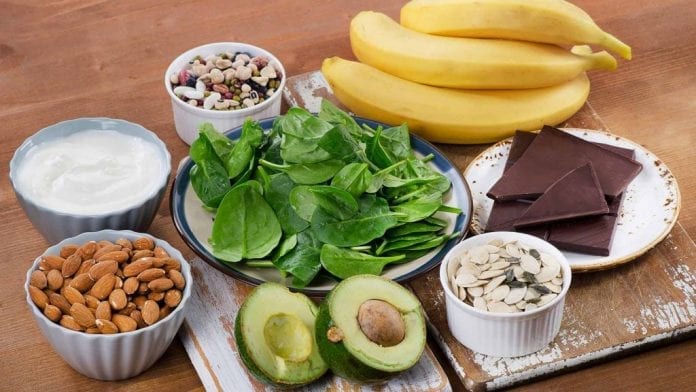
Natural remedies that are versatile and have a positive effect can help fight insomnia. These are usually herbs that make teas and are suitable for sleeping, reducing bloating, and getting rid of insomnia
In the first place is the hop tea. This tea has an effect on the nervous system, soothes the body, and affects better sleep. Insomnia and thyme are also recommended against insomnia. The elderly are advised to use red hawthorn tea. Anise fruits can also be useful. If you choose them, they are taken just before bedtime.
According to many, one of the best natural remedies for insomnia is the valerian plant. Another natural solution that helps fight insomnia is apple. It is recommended to take an apple just before bedtime, which will contribute to a peaceful sleep.
Essential Oils Affect Insomnia
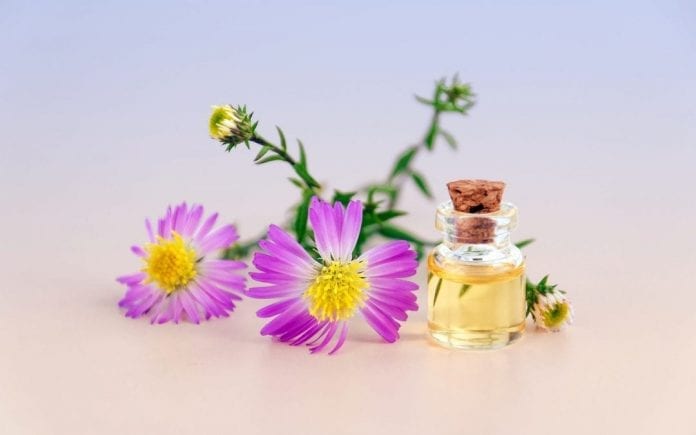
Insomnia is also affected by some essential oils. Lavender oil is most commonly used as it has an anti-depressant effect and relieves pain. Sage oil is recommended to reduce stress and depression. Incense is known for its soothing effect, so incense oil is used for smoking. Rosemary oil also has a calming effect. On the other hand, oils that act stimulating like peppermint oil are not recommended. It is essential to know that essential oils have a positive impact on insomnia but do not resolve their cause.
Strive to have an optimal sleep, a healthy diet, reduce nervousness, and increase daily physical activity. That reduces the chance of insomnia becoming an integral part of your life.









